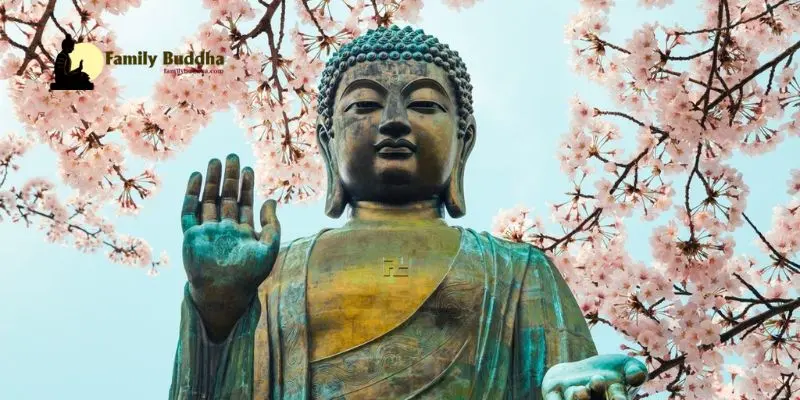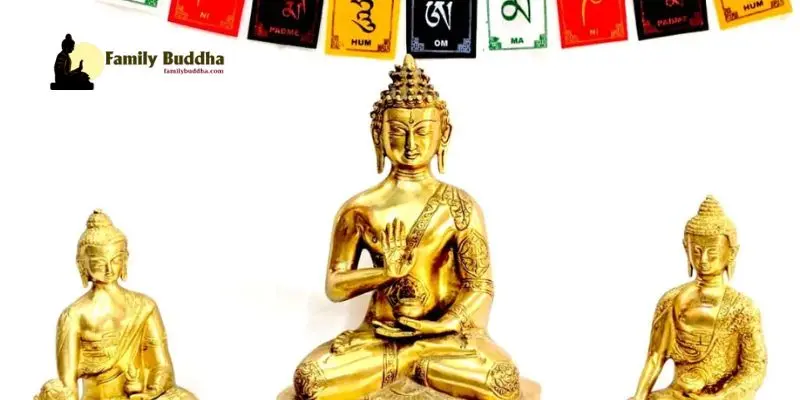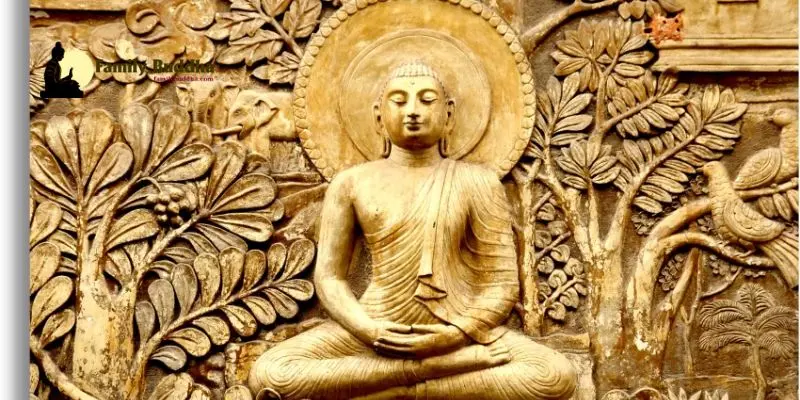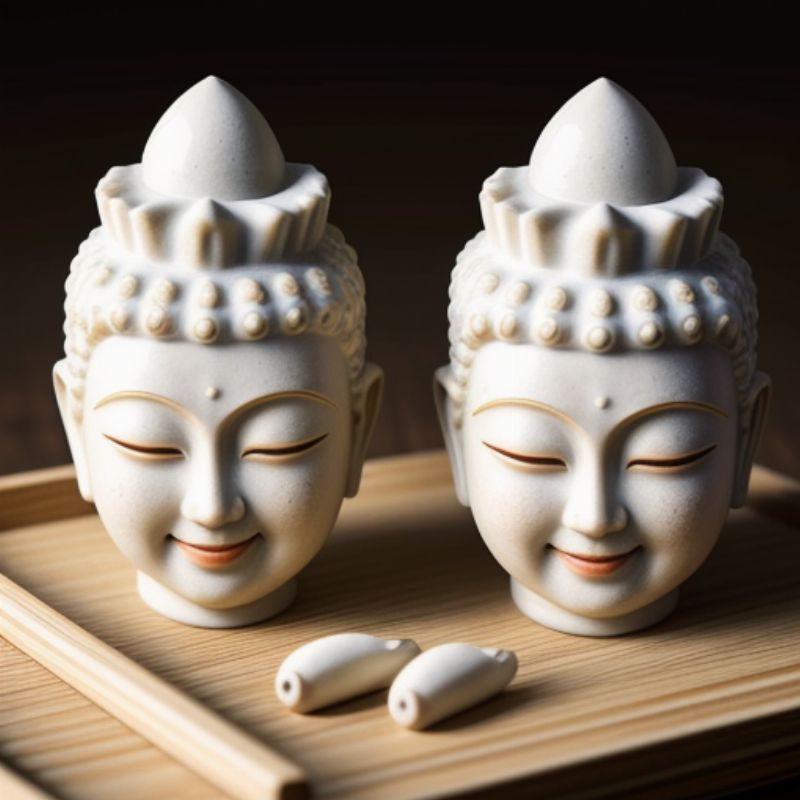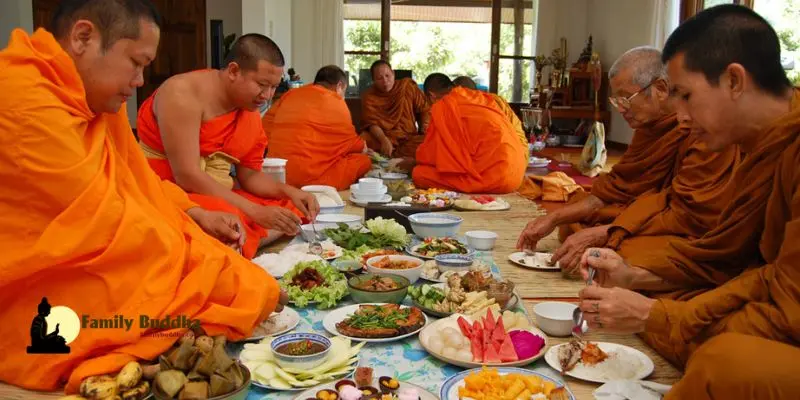Have you ever heard the phrase “Buddha Be Praised” and wondered about its deeper meaning? In the rich tapestry of Buddhist traditions, this simple phrase unlocks a world of respect, reverence, and spiritual significance. To understand it fully, we must journey into the heart of Buddhist culture, exploring its principles and the multifaceted ways it intertwines with the lives of millions.
The Many Layers of “Buddha Be Praised”
While seemingly straightforward, “Buddha be praised” is more than a mere exclamation. It’s a potent expression imbued with layers of meaning:
- Gratitude: Imagine a farmer, his fields flourishing after a season of rain. He might utter, “Buddha be praised,” expressing heartfelt gratitude for the bountiful harvest. This echoes the Vietnamese proverb, “Ăn quả nhớ kẻ trồng cây” (When eating a fruit, remember the one who planted the tree), emphasizing thankfulness for blessings received.
- Relief: Picture a worried mother, her child finally recovering from an illness. A heartfelt “Buddha be praised” escapes her lips, reflecting relief and joy at the positive turn of events. This resonates with the Vietnamese saying, “Vượt qua cơn hoạn nạn mới biết ai là bạn” (Adversity reveals true friendship), highlighting the appreciation for solace found in difficult times.
- Reverence: Envision devotees gathered in a temple, chanting “Buddha be praised” in unison. Their words express deep respect for the Buddha’s teachings and the path to enlightenment he illuminated.
Beyond “Buddha Be Praised”: Exploring Related Expressions
Just as a single lotus flower hints at a pond’s beauty, “Buddha be praised” opens a window into a lexicon of related expressions that further illuminate Buddhist culture:
- “Namo Amitabha Buddha”: This chant, commonly used in Pure Land Buddhism, invokes Amitabha Buddha, the Buddha of Infinite Light and Life, seeking his guidance and blessings.
- “Sadhu! Sadhu! Sadhu!”: Often chanted thrice, “Sadhu” is a Pali word expressing joy, appreciation, or agreement, often used to acknowledge a teaching or virtuous act.
- “Om Mani Padme Hum”: This mantra, particularly significant in Tibetan Buddhism, embodies the compassion and blessings of Avalokiteshvara, the bodhisattva of compassion.

